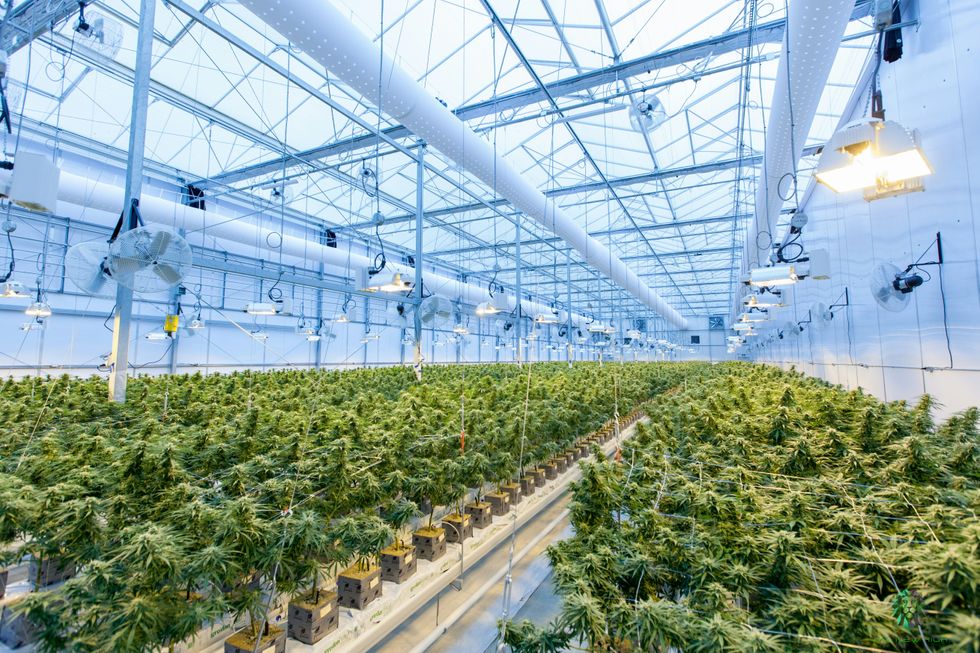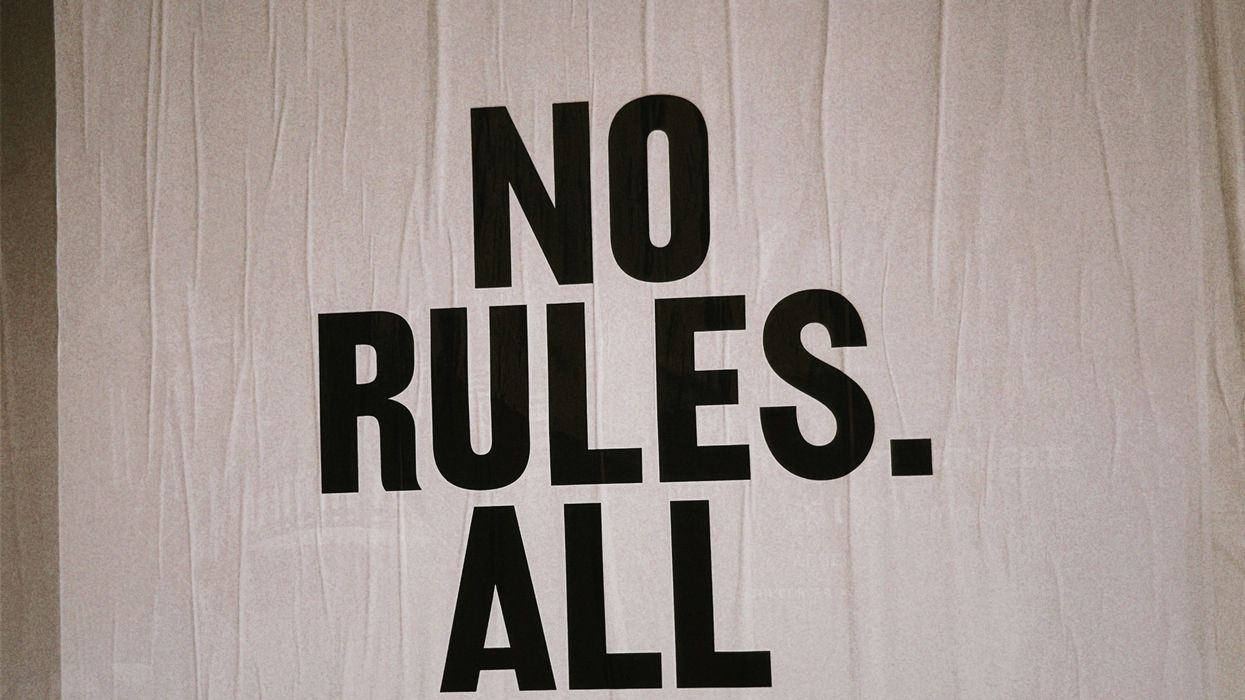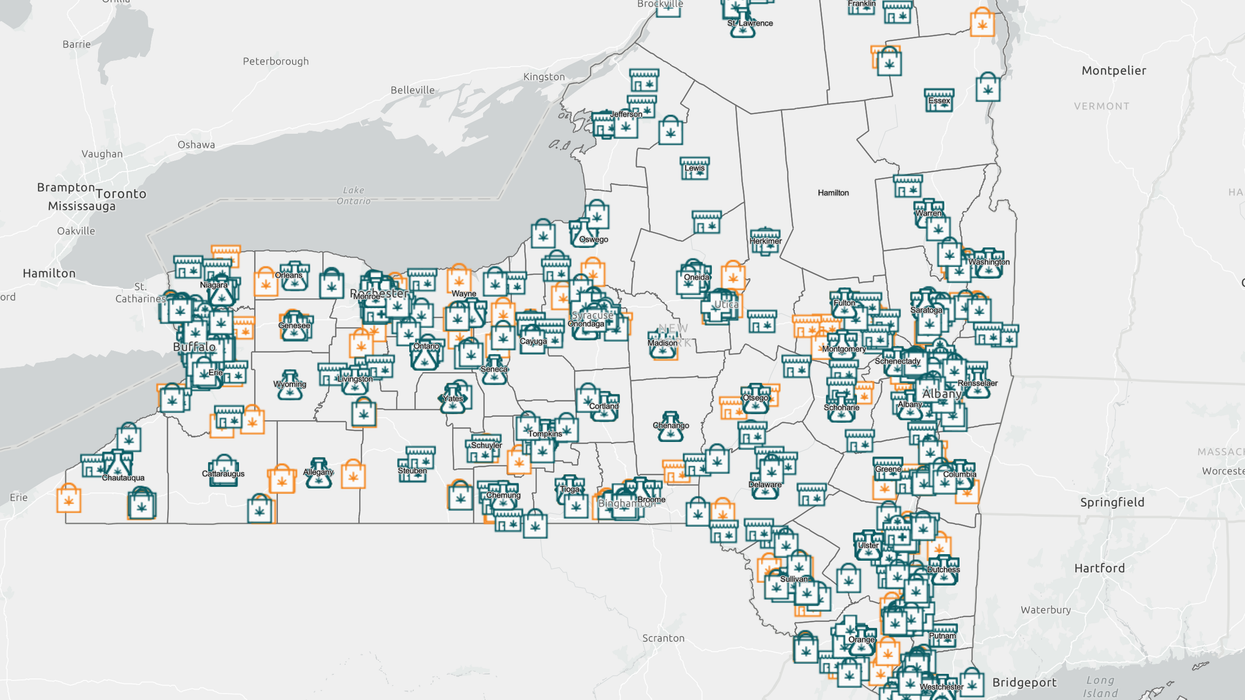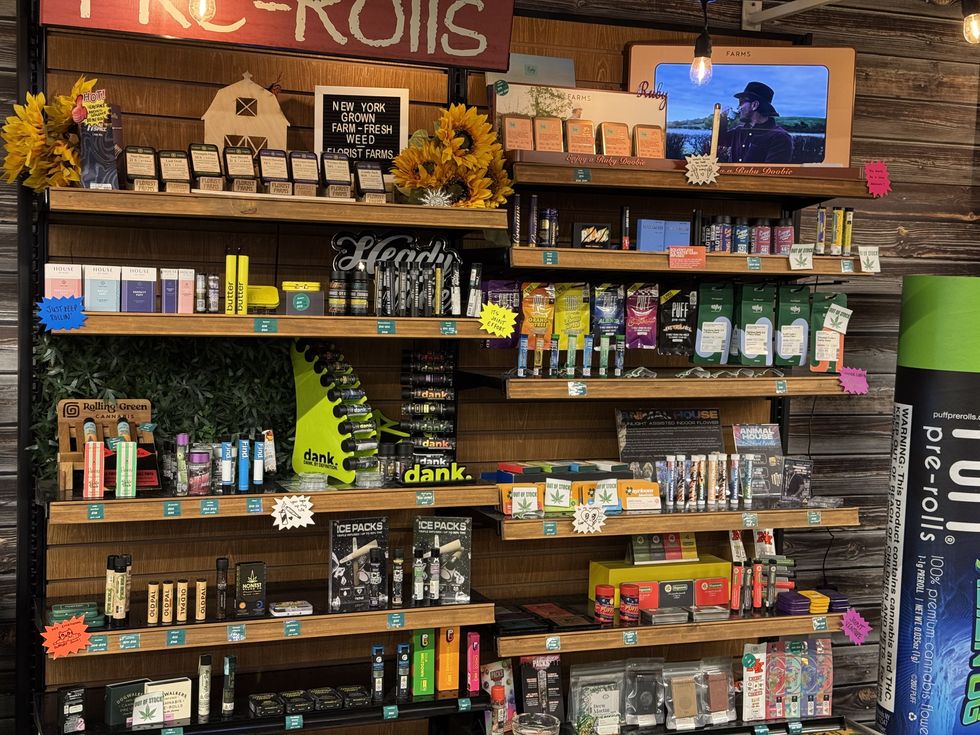Hamd Kamal, an employee of KPMG, the global accounting firm that was awarded a no-bid contract to grade applications for Illinois next round of pot shop licenses, is also a partner in one of the 21 groups that secured a spot in the upcoming lottery to determine the winners.
Specifically, Kamal was listed as a manager of EHR Holdings LLC, an upstart pot firm that also counts former Chicago Police Supt. Terry Hillard as a backer, according to records kept by the Illinois secretary of state’s office. EHR’s principal address is a Near West Side head shop, Smoke Stop, that’s also run by Kamal.
Like the other 20 firms in the lottery, EHR earned perfect scores on the applications that represent its five chances in drawings in three of the 17 possible regions across the state.
The news that a KPMG employee is also part of a firm that’s secured five spots in the dispensary lottery comes as lawmakers and applicants continue to voice their concerns at Gov. J.B. Pritzker about the firm’s contract, methods and how the application process shook out.
Since the final contenders for the highly sought after dispensary were announced last week, losing applicants and lawmakers almost immediately started raising alarms.
Both Democratic lawmakers and applicants of color who saw their bids rejected slammed KPMG during a news conference Tuesday, framing the grading system as tainted as they urged Pritzker to delay the lottery. What’s more, former state Sen. Rickey Hendon referenced the fact a KPMG employee was an applicant without using Kamal’s name.
“The system is flawed. The system needs to be corrected,” noted Antonio Williams, a Black social equity applicant who said KPMG “needs to be held accountable.”
According to a story in The Chicago Sun-Times, KPMG spokesman James McGann said Kamal “is an employee but he was not part of the engagement team that scored the applications.”
He added: “The scoring process was objective, following the state’s criteria, with a blind scoring methodology. The team scoring the applications would have no knowledge of the names or affiliations of applicants. A separate team scored certain aspects of the application, such as social equity.”
KPMG has been one of the big winners as Illinois moves to dole out new recreational weed licenses.
In addition to the IDFPR deal, KPMG was awarded another no-bid contract by the Illinois Department of Agriculture valued at $2.5 million. Under that contract, KPMG is grading applications for licenses to grow, transport and infuse cannabis products. Like the dispensary licenses, all those permits have also been delayed by the coronavirus pandemic.
The real questions here are how in the world did KPMG get both of these “no-bid” contracts to do application reviews for the state in the first place and who was involved in pulling strings for that decision on the state side? And, finally, are they connected to any named or unnamed interest holders of the winning applicants?







 When it comes to pricing, cultivation methods matter - The Bluntness
Photo by
When it comes to pricing, cultivation methods matter - The Bluntness
Photo by 









 The mix of in-state and out of state brands at a legal NY dispensary
The mix of in-state and out of state brands at a legal NY dispensary